In a world brimming with diversity and challenge, kindness and empathy stand as pillars of human connection and understanding. For parents, nannies, and educators, teaching children about empathy and kindness is not just a lesson; it’s a gift that keeps on giving, shaping compassionate, thoughtful individuals. Here’s how we can cultivate these essential qualities in children, fostering a future where empathy and kindness are at the forefront.
Start with Understanding Emotions
Empathy begins with understanding one’s own emotions and recognising them in others. Encourage children to express how they feel and validate their emotions. Use stories, books, or even puppet shows to discuss different scenarios and feelings, helping children to put themselves in someone else’s shoes.
Lead by Example
Children learn a lot by observing the adults around them. Display acts of kindness and empathy in your daily life. Whether it’s helping a neighbor, sharing with friends, or simply listening to someone’s story without judgment, showing children how it’s done can be incredibly powerful.
Practice Active Listening
Teach children the value of listening to understand, not just to respond. Active listening involves giving full attention to the speaker, acknowledging their feelings, and responding thoughtfully. This practice not only aids in developing empathy but also enhances communication skills.
Encourage Perspective-Taking
Perspective-taking goes a step beyond recognizing emotions; it involves understanding why someone might feel a certain way. Engage in role-playing games or discussions that encourage children to think about different perspectives. Questions like “How do you think they felt?” or “What would you do in their place?” prompt deeper thinking.
Foster a Helping Mindset
Involve children in acts of kindness, be it through community service, helping out at home, or supporting a friend. Highlight the impact of their actions on others to show them how even small deeds can make a big difference.
Celebrate Empathetic Actions
When you notice a child being kind or showing empathy, acknowledge it. Praise, rewards, and even simple recognition can reinforce these behaviors, encouraging them to continue acting compassionately.
Use Art and Creativity
Art, music, and creative writing can be powerful outlets for expressing and understanding emotions. Encourage children to draw pictures of acts of kindness or write stories about helping others. These activities not only nurture their creative talents but also deepen their understanding of empathy.
Cultivate an Environment of Respect and Kindness
Create an environment where everyone’s feelings and thoughts are respected. Encourage sharing, cooperation, and understanding among siblings, peers, and even adults. A respectful environment lays the groundwork for empathy and kindness to flourish.
Teaching children about empathy and kindness is a journey filled with teachable moments, heartfelt discussions, and invaluable life lessons. By embedding these principles into the fabric of daily life, we equip children with the tools they need to navigate the world with compassion, understanding, and a deep-seated respect for the diverse tapestry of human experience.

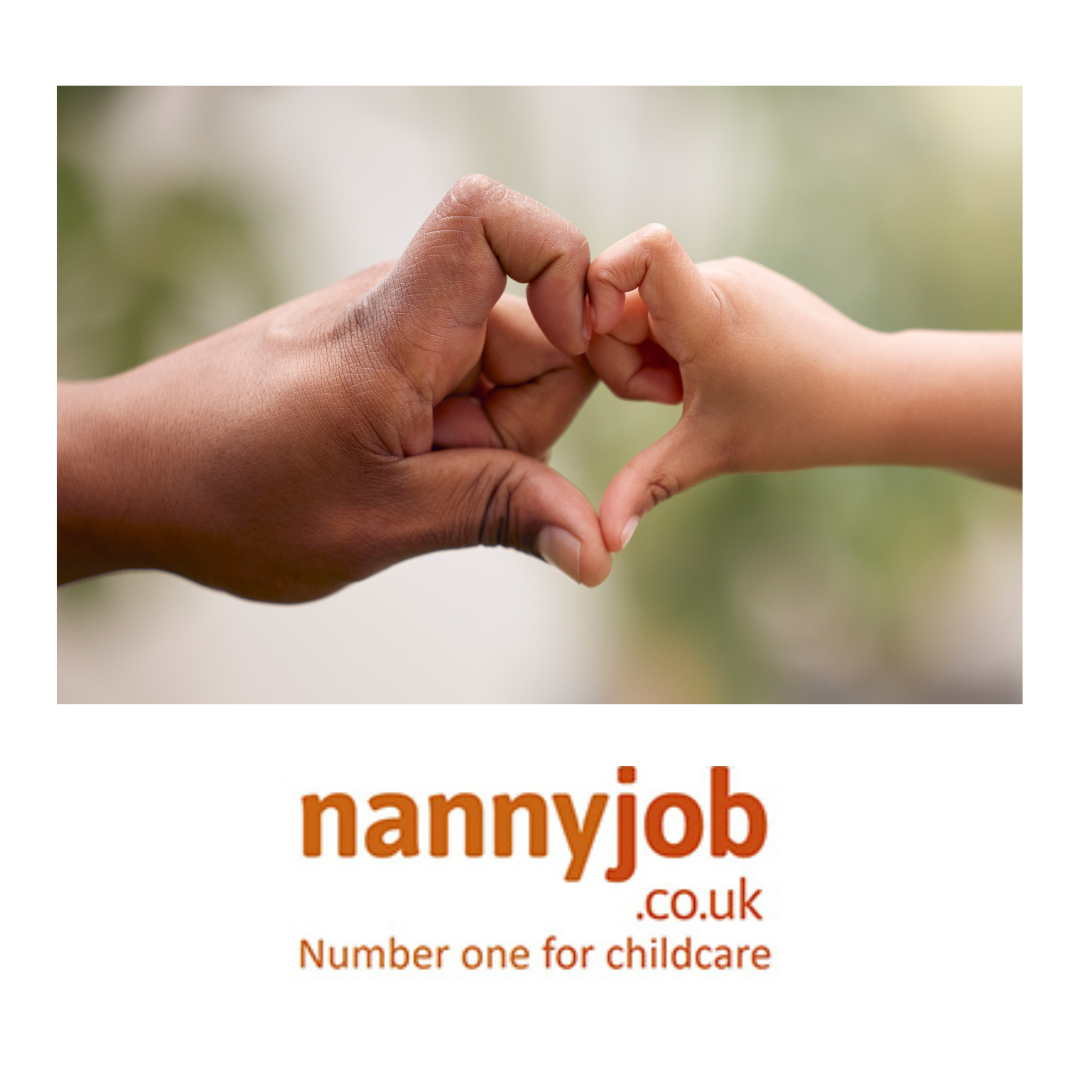
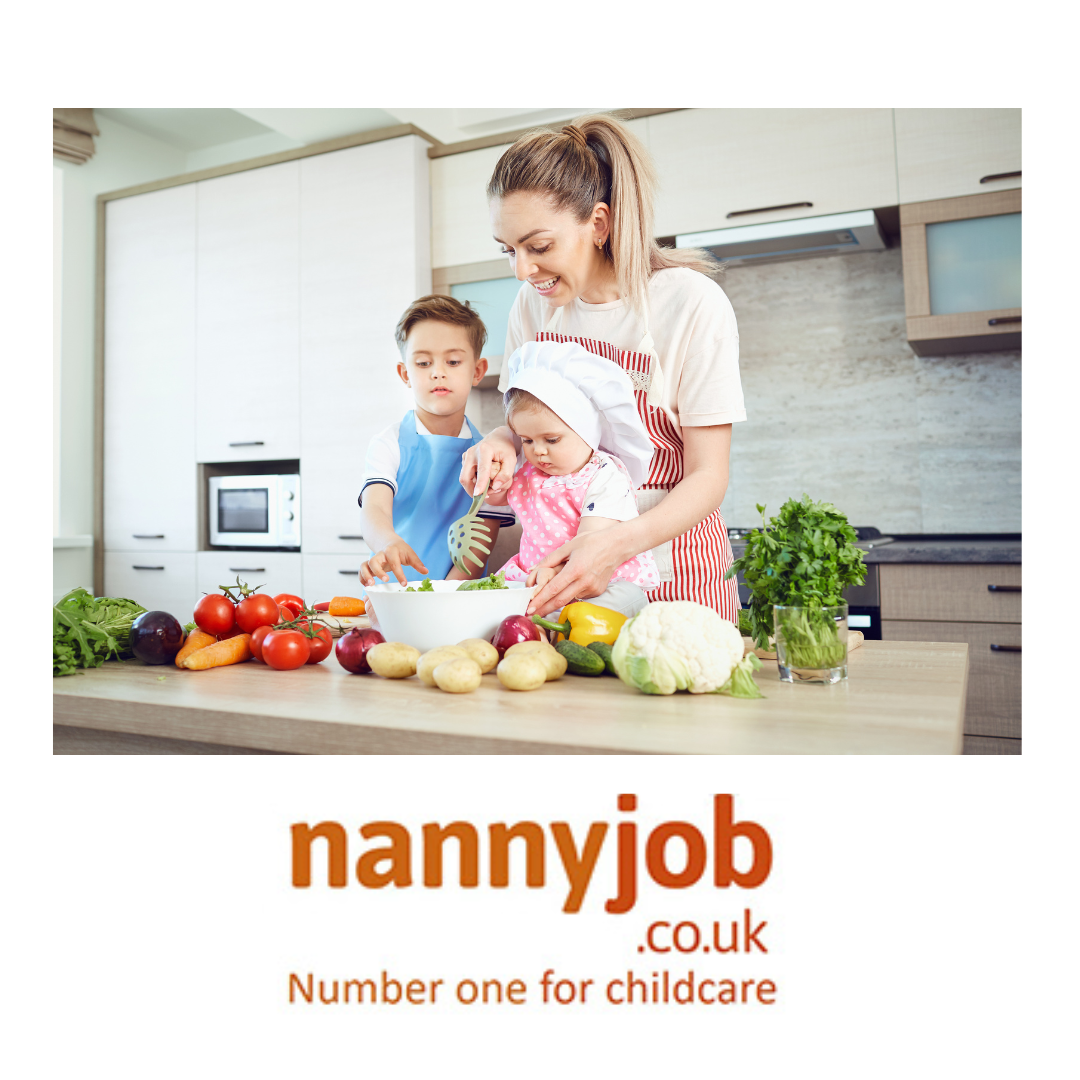
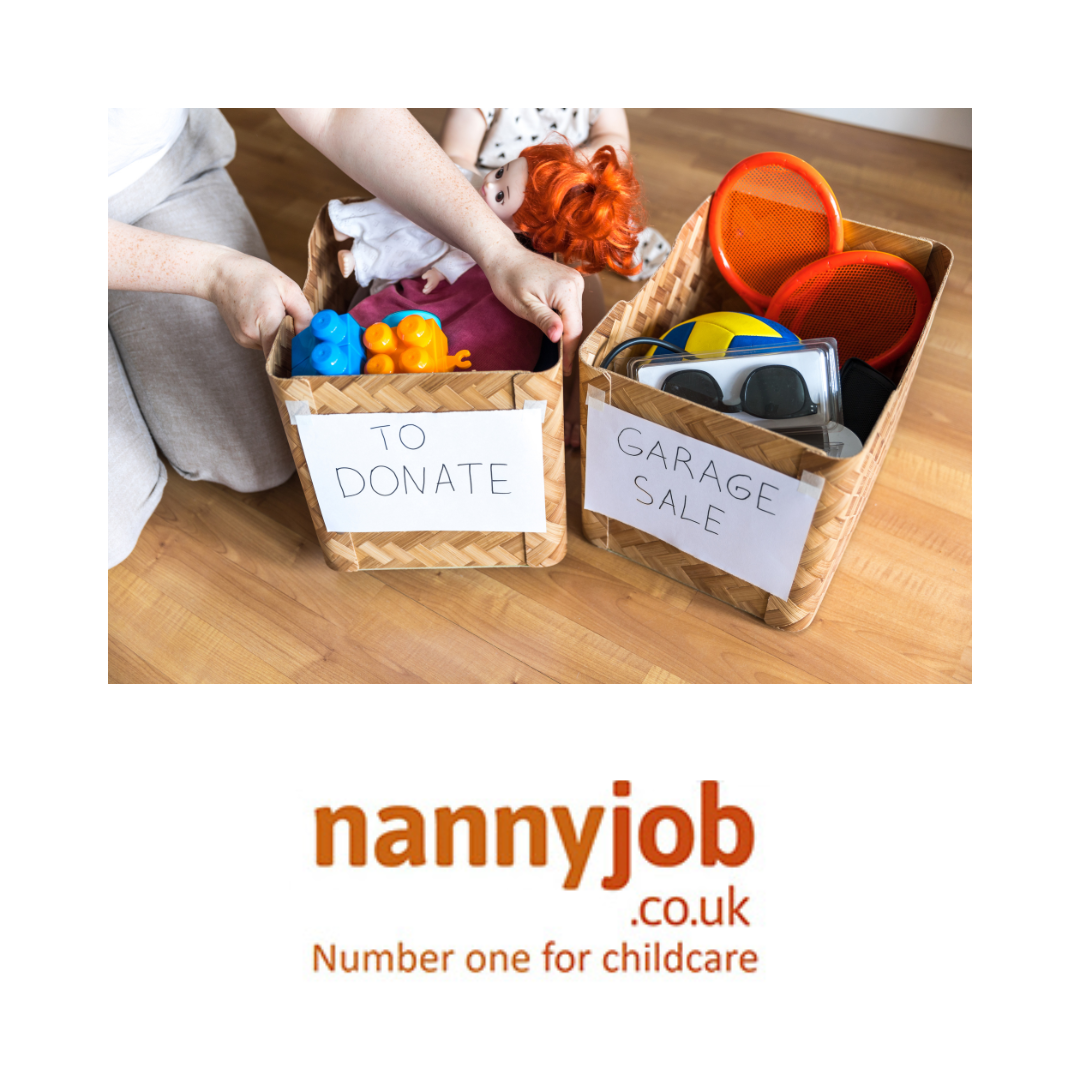

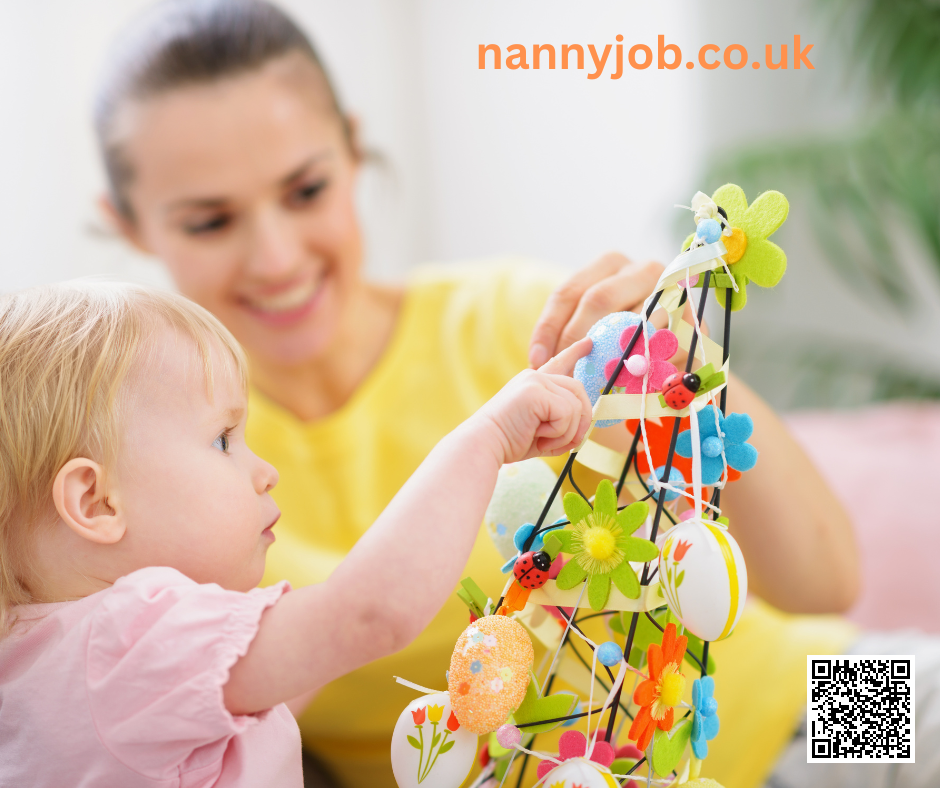
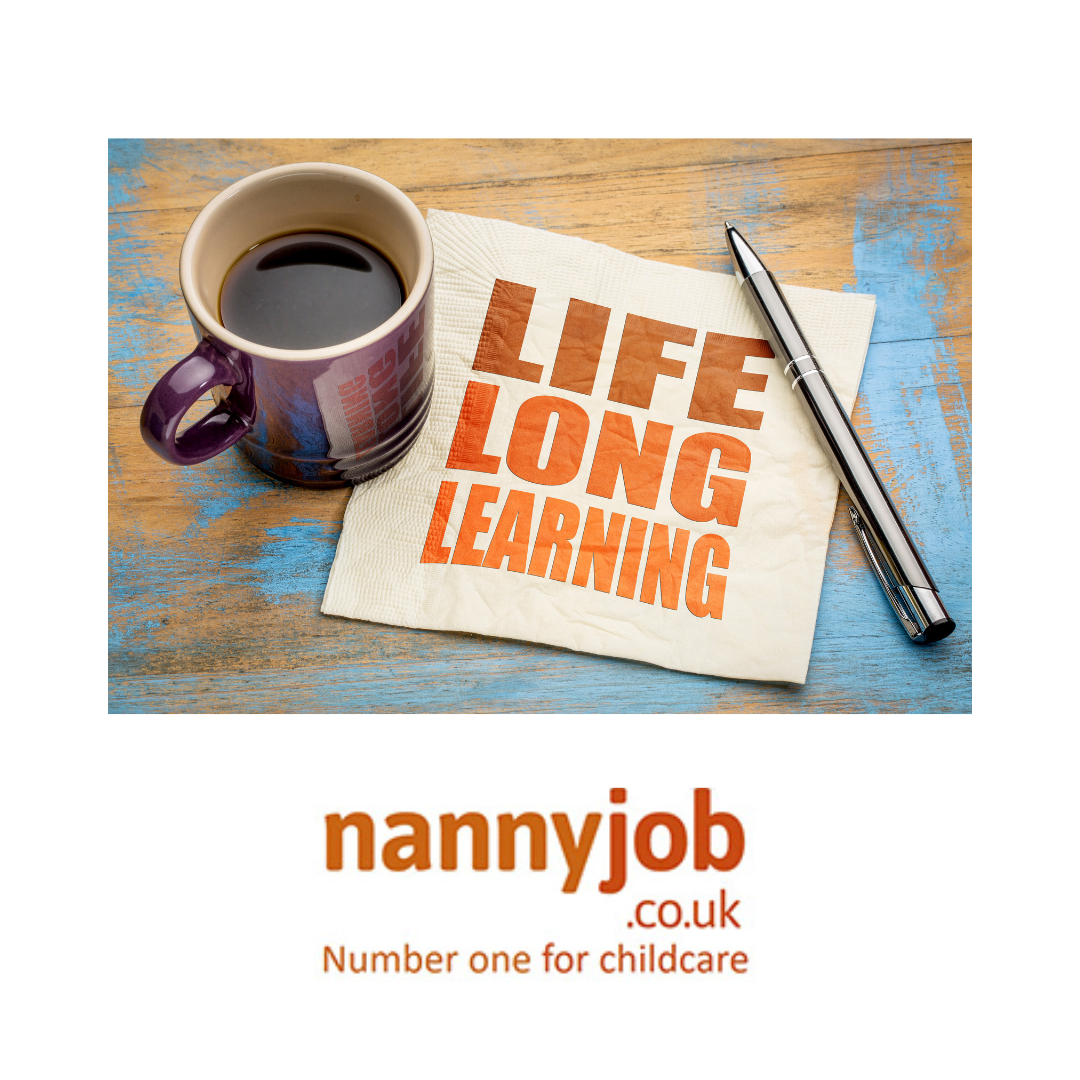
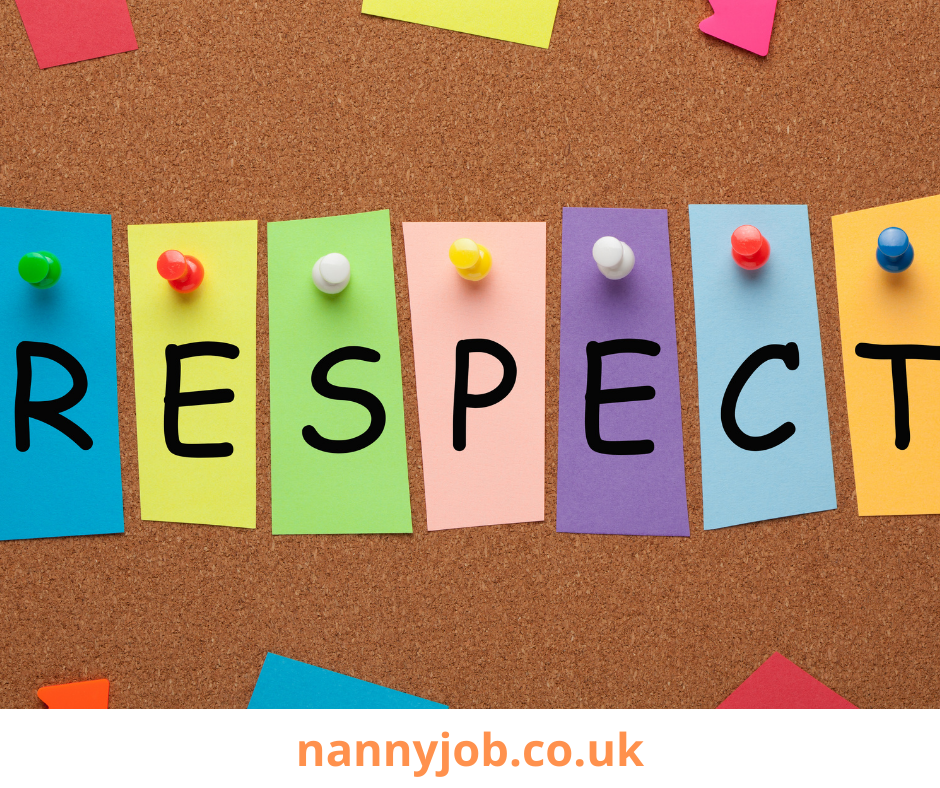

 20 questions you need to ask at interview
20 questions you need to ask at interview
